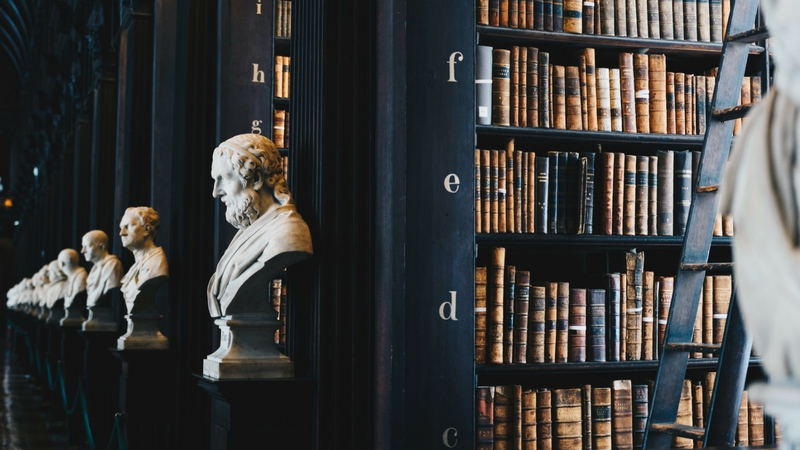Using the Library to Access Information
Episode #5 of the course Researching your genealogy by Alisa Miller
Welcome to Day 5 of our course. Today, we’ll learn about using the library to access information about your family. We’re going to look at using the public library and state libraries. Each offers access to genealogy resources you can use for free.
Public Library
If you don’t already have a public library card, go get one. Once you have this card, you have access to a wealth of information. The first thing you should do is go to your library’s website and see what kind of genealogy resources they offer. Many public libraries allow card holders access to genealogy databases. Some of these are accessible on your device when you’re connected to the Wi-Fi at the library or on the library’s computers, and some of the databases are accessible from your own connection at home.
These databases contain information from US censuses, family histories, military and war records, Freedman’s Bank, city directories, and more. The information you can expect to find from these databases will often include names and relations of family members, dates of birth and death, service records, and addresses. You can also access genealogy resources compiled by librarians, books, and encyclopedias.
Each public library is different, but chances are good that you can access a decent amount of information online from yours. If your library doesn’t offer online options, you should go talk with a librarian at your public library, who can help guide you on ways to access what information they do have at the library itself.
State Libraries
Do you know if your state has a state library? You can view a list of state libraries here. Like public libraries, the offerings at state libraries will vary. You can expect to find things like vital statistics databases, tax rolls, city directories, newspapers, maps, and more at your state library. Depending on how much is digitized, much of this information may be available only on site, so you may need to plan a visit to your state library in person.
Don’t forget to use the state libraries outside your own home state too. If your family history shows you have family members that came from other states, you may be able to use those state libraries to help you find information on your relatives.
Bonus
Both public and state libraries will often allow free access to some of the fee-based genealogy databases, such as Ancestry.com. So, when you visit your public and state libraries, be sure to keep your eye out for these opportunities. For example, I live in Texas, and the state library offers residents access to a free Ancestry.com Texas account.
Now that you know how to access these databases full of information, in the next few lessons, we’ll find out how to use these resources to get specific details about your family. In tomorrow’s lesson, we’ll learn how to use US censuses.
Recommended book
Share with friends

